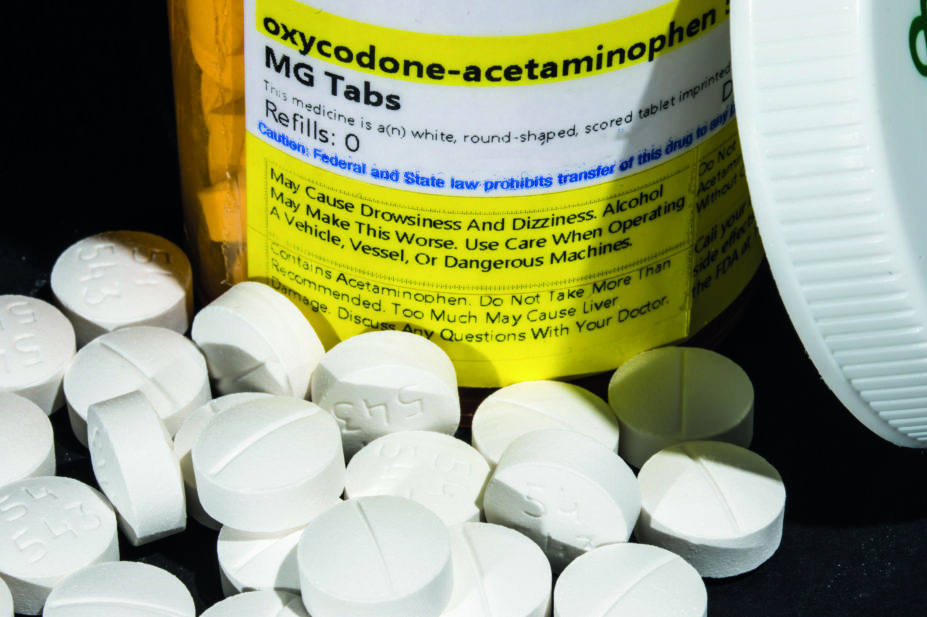
Shutterstock.com
Chronic prescription opioid use and depression in patients with non-cancer pain are mutually reinforcing, but research has not previously looked at whether treating depression improves the likelihood of chronic users achieving opioid cessation.
To explore, researchers studied data on 2,821 adults with non-cancer, non-HIV pain, with a new episode of depression following more than 90 days of opioid use, and who received at least one prescription for antidepressant medication[1]
.
At 24 weeks, those who adhered to their antidepressant medication (>80% of days covered) were more likely to stop continuous opioid use, which was defined as a gap of at least 182 days from the end-date of the last opioid prescription (57.2 vs 45.0/1,000 person-years; P=0.007). Antidepressant adherence equated to a 24% greater odds of opioid cessation.
Reporting in the British Journal of Psychiatry (1 February 2018), the researchers said the results indicated that opioid cessation may be more successful if concomitant depression is treated to remission.
References
[1] Scherrer J, Salas J, Sullivan M et al. Impact of adherence to antidepressants on long-term prescription opioid use cessation. Br J Psychiatry 2018; 212(2):103–111. doi: 10.1192/bjp.2017.25


